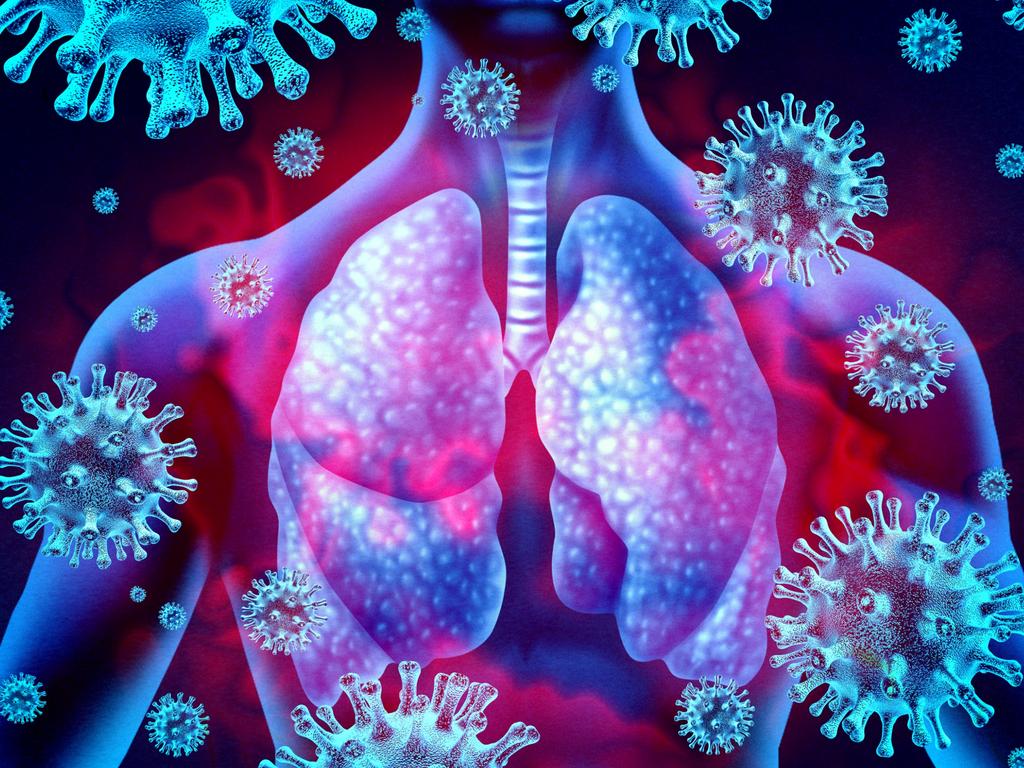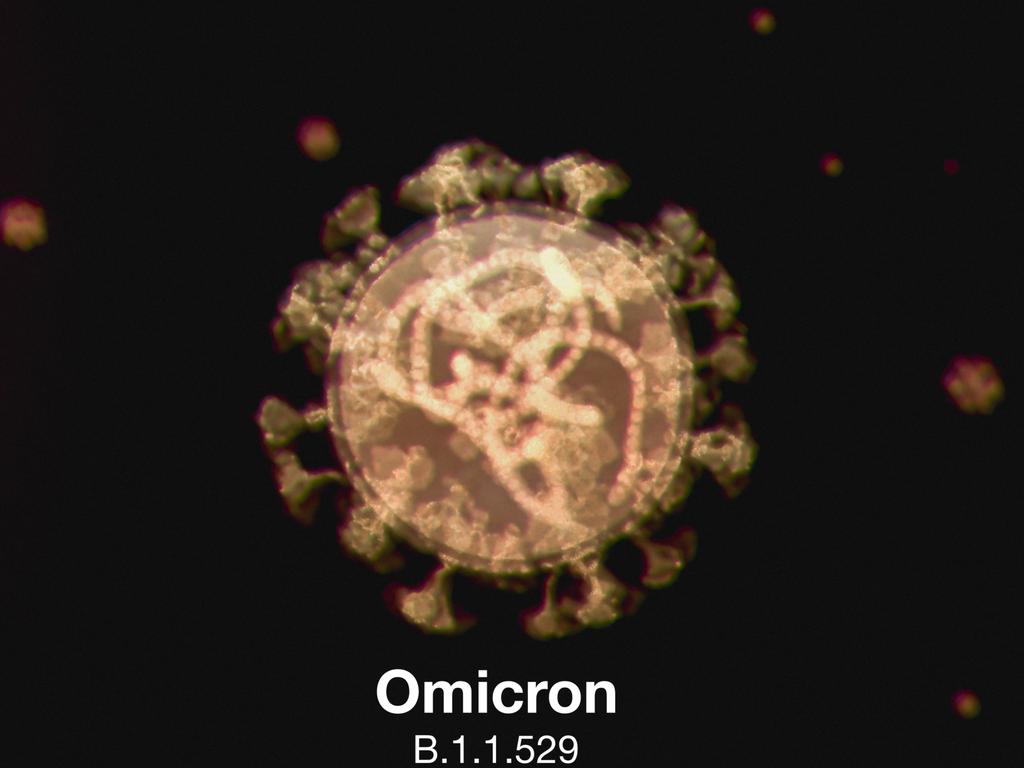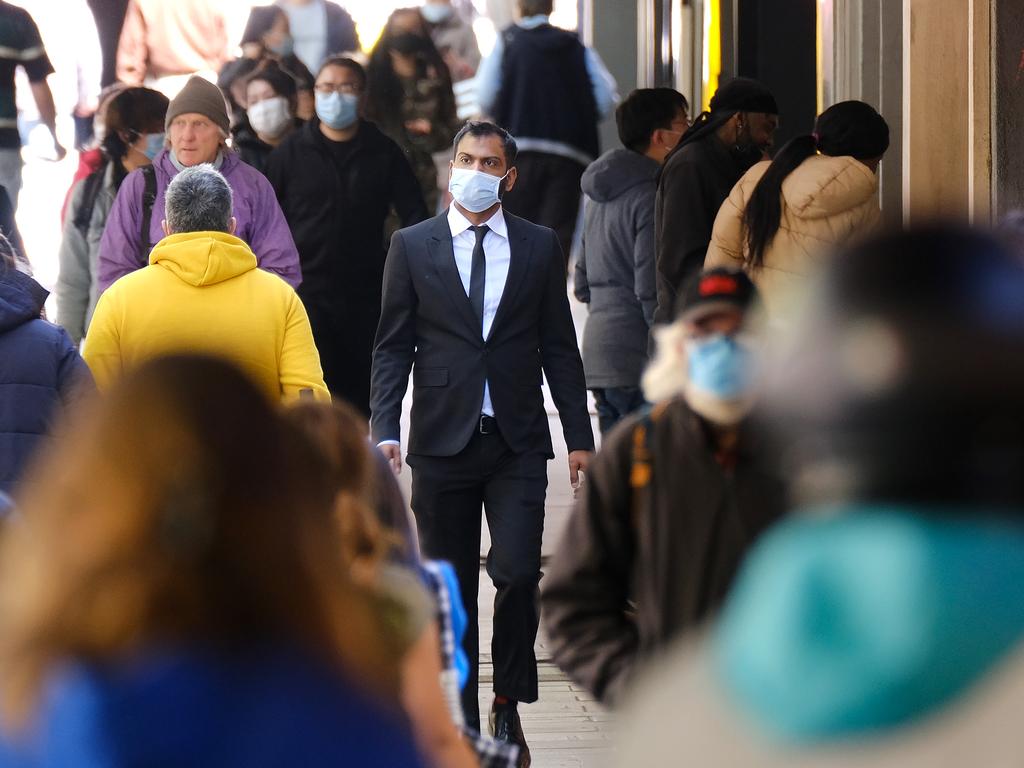Omicron: What we know about the new Covid variant
Omicron has scientists across the world scrambling for answers. This is what we know of its reach, severity and how long it could last around the world.
All viruses change over time through mutation. Most changes have little to no impact on the virus’ structure. But some mutations result in a new variant of the virus. Some variants emerge and disappear while others persist impacting on the severity of the disease or how easily it spreads. This is the case with SARS-CoV-2.
Five Covid variants have been designated as variants of concern by the World Health Organisation (WHO): the Alpha, Beta, Gamma, Delta, and Omicron variants. It’s the latter that has scientists around the world scrambling for answers.
This is what we know of its reach and severity so far.
HOW DID OMICRON ORIGINATE AND HOW FAR HAS IT SPREAD?
The new Omicron variant was first reported to the WHO from South Africa on 24 November but it’s not certain that the variant started there.
In the Netherlands, retests of samples taken on November 19 and 23 found that Omicron was already in that country. Also, Nigeria said it had detected the country’s first Omicron case in a sample that was collected in October.
The variant is quickly spreading across the world. In the US and UK, Omicron now accounts for more than 90 per cent of all cases in some regions. Infection rates are soaring across South Africa. In France, the nation recorded more than 100,000 Covid cases in one day and most were linked to Omicron.

WHAT HAVE WE LEARNT ABOUT THE NEW VARIANT?
Early evidence suggests it is substantially milder than Delta, at least in younger people.
University of Edinburgh research suggests Omicron is associated with a two-thirds reduction in the risk of Covid-19 hospitalisation when compared to the Delta variant. People who are double vaccinated and receive a booster shot are 57 per cent less likely to have Covid-19 symptoms if they get infected, the university found.
Similarly, London’s Imperial College determined Omicron cases are 15 per cent less likely to attend hospital, and 40 per cent less likely to be hospitalised for a night or more, compared to Delta.
Researchers at the University of Pretoria and the National Institute of Communicable Diseases in South Africa also found Omicron to cause only a quarter of the deaths of patients compared to previous Covid waves.
The study of patients from the original epicentre of the strain — Gauteng Province, South Africa — reported that 4.5 per cent of positive cases died compared to 21.3 per cent previously.
DO EXISTING COVID VACCINES AND BOOSTER JABS PROTECT AGAINST OMICRON?
There is no evidence to date that the vaccines Australians have received are any less effective at preventing severe illness, hospitalisation or death from Omicron, according to the Australian Department of Health.
Pfizer and BioNTech said a third dose of their Covid-19 vaccine neutralised the Omicron variant in lab tests — but warned two doses was significantly less effective at blocking the strain.
Blood samples from people who had received two doses showed on average a 25-fold reduction in neutralising antibodies compared to the original strain of the virus, Pfizer and BioNTech said.
But a booster third dose generated around the same level of antibodies against Omicron as is seen after a second dose with other variants.
Studies from South Africa, Sweden and Germany showed similar results.

IF OMICRON IS MILDER THAN THE DELTA STRAIN, WHY IS IT SPREADING SO QUICKLY?
Because it is a very contagious viral variant. Epidemiologist Professor Adrian Esterman, ex-WHO and currently at the University of South Australia, says it replicates 70 times faster than the Delta variant in human airways, especially the upper respiratory tract where the viral infection is first established. “It is also three times more infectious than the Delta variant, and this explains why Omicron is fast becoming the dominant infecting variant worldwide. The spike protein of the Omicron variant contains genetic changes which enhances the infectiousness of this variant.”
HOW LONG COULD THE OMICRON WAVE LAST?
South African scientists are confident the Omicron outbreak in that country is receding and may last a total of just a couple of months. There was a sudden steep rise in cases from close to zero in mid-November to an average of 10,000 daily cases early in December. That then fell sharply to around 5000 per day on average. Francois Venter, a medical professor at the University of the Witwatersrand in Johannesburg, predicted that at the current rate of decline, Omicron would “be pretty much gone” from all of South Africa by the end of January. But Professor Esterman urged caution. “We have no idea at this stage. The South African epidemic is already starting to die down, but they are a very different population.”

DO MASKS PROTECT AGAINST OMICRON?
Yes – Professor Esterman says either surgical disposable masks or triple layer cloth masks are effective.
Similarly Professor Catherine Bennett, chair in epidemiology at Deakin University, said Omicron’s high rate of transmission means that infections generate more virus particles and you might only need a smaller dose of virus particles to establish an infection. She added: “However, masks can still help reduce the number of particles an infected person breathes out into the surrounding airspace, and that a mask wearer will inhale, reducing infection risk.”
The WHO also recommends masks as “one of the most effective steps individuals can take to reduce the spread”. But you must make sure it is fitted right: make sure it covers your nose and mouth and fits snugly under your chin.
IT HAS BEEN SAID WE WILL ALL GET OMICRON AT SOME POINT, IS THIS SOMETHING TO FEAR?
Professor Esterman makes the point that “this isn’t necessarily true”. Adding: “We don’t all get influenza.” But data shows if you are vaccinated and have had a booster shot you are less likely to fall seriously ill. Fresh data from NSW Health shows Omicron is to blame for very few serious hospitalisations and most of those that do end up in intensive care are unvaccinated. The figures suggest the Delta variant is to blame for most of the state’s severe cases. Recently, 34 of the 54 patients in ICU had not had the jab and were suffering from pre-existing conditions.
COULD OMICRON MUTATE AGAIN?
Professor Esterman says: “Yes – we should expect more mutations.”
Omicron is the most heavily mutated version of coronavirus found so far. The variant has 50 mutations and 32 of those are in the spike protein.





